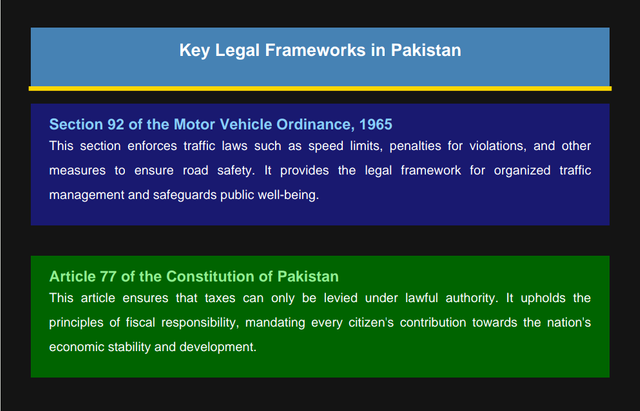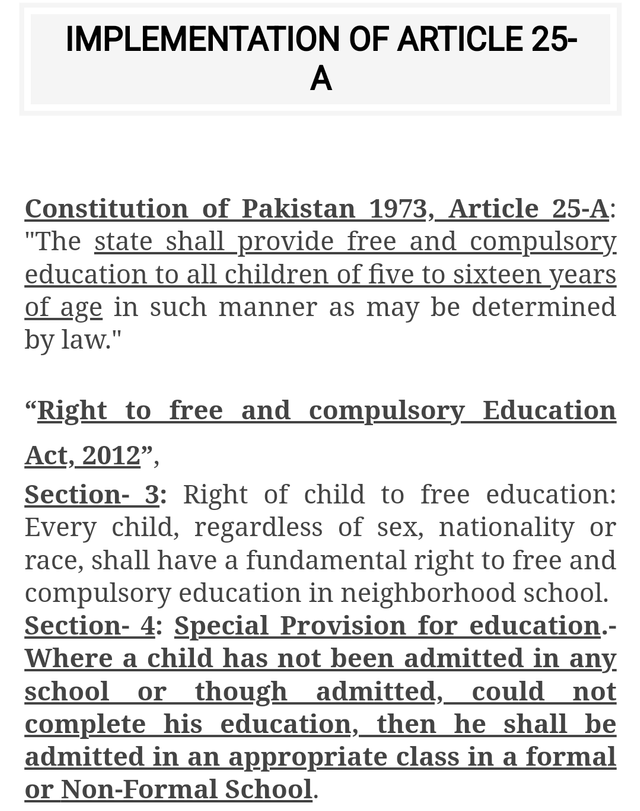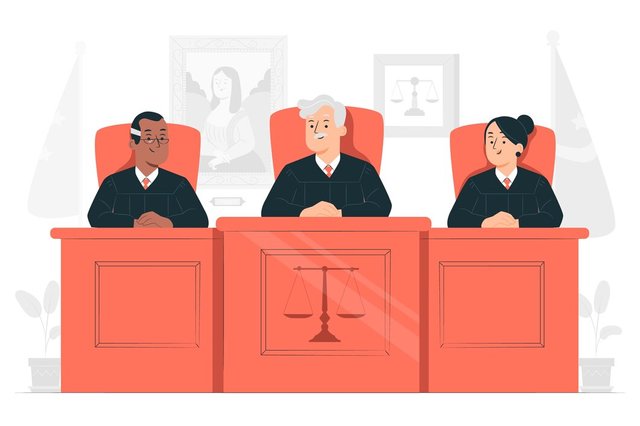SLC22-W1 / Basic Notions of Law

Canvas source State in your own words and based on what you explained in class: What is law?
Law is like the ultimate rulebook for society—it's how we all get along without total chaos. As Eduardo J. Couture put it, law is the instrument for social coexistence. It’s a fancy way of saying, "Play nice, or face the consequences!"
At its core, law is a set of norms and rules that keeps things running smoothly, whether you're buying snacks or dealing with bigger issues like property or rights. It’s like the referee in the game of life—fair, firm, and always there to blow the whistle.
There are different types of law, each with its own job. Some, like Positive Law, tell us what rules are in play today. Others, like Substantive Law, remind us of our rights and obligations. Together, they make sure society doesn’t turn into a free-for-all!
Consider the explanations given in class, according to the law and the laws of your country. I pointed out two examples of "Objective Law" and two examples of "Subjective Law".
Laws are like the glue that holds our society together, making everything fair and orderly. In Pakistan, we have a combination of Objective Laws-rules everyone must follow-and Subjective Laws-rights we enjoy. Both are essential, but one feels like homework, while the other feels like a well-deserved break!
From traffic laws to freedom of speech, these legal gems shape our daily lives. They make sure no one drives like it's a race track or yells "fire" in a crowded room. Let's explore a couple of each to see how they work in action!
Objective Law Examples
- Traffic Laws: In Pakistan, Section 92 of the Motor Vehicle Ordinance, 1965, mandates traffic rules like speed limits and penalties for violations. It’s the government’s way of saying, “Stick to the rules, or pay the price!”
- Tax Laws: Under Article 77 of the Constitution of Pakistan, paying taxes isn’t optional. The law ensures everyone contributes to the country’s piggy bank, even if we all wish it came with a free chai voucher.
 Here more Here more |
|---|
Subjective Law Examples
- Right to Education: Thanks to Article 25-A, every child in Pakistan has the right to free education. It’s like a golden ticket to learning—no strings attached!
- Right to Freedom of Speech: Under Article 19, you can share your thoughts, but there’s a catch—be respectful. Think of it as “Speak your mind, but don’t start a food fight!”
 Here more Here more |
|---|
Laws are serious business, but understanding them doesn’t have to be dull!
A citizen is driving a vehicle on the road and disregards the traffic light. Seconds later he is stopped by a traffic police officer and this citizen claims that he disregarded the traffic light because he was in a hurry to pick up his son and take him to the hospital because he is sick.
Please tell us, based on what you have learned, in which part of the case is Objective Law and Subjective Law present?
Objective Law
The traffic light rule is a classic example of Objective Law. It’s a universal, no-nonsense regulation that applies to everyone, from a sleepy driver to a Formula 1 enthusiast. According to Section 92 of the Motor Vehicle Ordinance, 1965, red means STOP—no ifs, no buts, no “I was grooving to my playlist and didn’t notice!” This law doesn’t care about your backstory; it’s there to ensure safety for all. The citizen in our case violated this mandatory law by ignoring the red light.
Subjective Law
However, the citizen’s reason—rushing his sick son to the hospital—highlights Subjective Law. His actions were driven by his right to life and health, enshrined in Article 9 of the Constitution of Pakistan. This right is deeply personal and may be considered during legal proceedings.
This scenario is a perfect collision (pun intended!) of the rigidity of Objective Law and the flexibility of Subjective Law.
Part 2
Based on what was explained in class, make a comparison and according to the law of your country. Give an example of a law and an example of a rule.
A law is like the king of all rules—it’s serious, mandatory, and has the full weight of the government behind it. Break a law, and you’re likely to face fines, jail time, or some other legal consequence. A rule, on the other hand, is a bit more chill. It's like the younger sibling: important, but not always enforced with the same intensity. Breaking a rule might just get you a scolding or a stern "Don't do that again!
Example of a Law
In Pakistan, Article 11 of the Constitution prohibits child labor under the age of 14 in factories and hazardous jobs. This law is a big deal—it's there to protect kids from harm. Violating it isn't just a slap on the wrist; it's a serious crime.
Example of a Rule
Now, take your school’s dress code: “Wear your uniform, and don’t forget to iron it!” It’s a rule. Break it, and your teacher might lecture you or send you home, but you won’t end up in court.
So, in essence, laws are the no-nonsense, “play by the book” guidelines of society, while rules give us structure but are a bit more forgiving. Both are necessary, but only one comes with a courtroom drama!
Mr. Juan Perez rents an apartment but his financial situation worsens and he has not paid for 3 months. On one occasion, a meeting of apartment owners was held and the owner of the apartment where Mr. Juan Perez lives presents the case to the owners of the other apartments. They take advantage of the opportunity to say that they have received complaints from the neighbors of the building because Mr. Juan Perez has 4 dogs as pets in his apartment, something that is prohibited in the building's rules of coexistence.
Analyze and explain in which part of the case Mr. Juan Perez is violating a law and in which he is violating a rule.
Violating a law
Mr. Juan Perez is in default of paying rent for three months, which is a breach of contract law. In Pakistan, a rental agreement is a legally binding contract under the Contract Act, 1872. By not paying rent, he's breached the contract, which gives the landlord the right to take legal action. Basically, Juan's financial woes do not excuse him from following the law—though we all wish overdue rent could magically disappear with a good sob story!
Violating a Rule
Now, for the four furry friends. Having four dogs in an apartment wherein pets are prohibited is contrary to the building's rules of coexistence. Although this is no law offense, it sure is a big no no. Such rules are set with the purpose of keeping in mind peace and harmony among different neighbors who may not enjoy nocturnal symphonies that go along with barking at midnight.
In short, Juan has to break the law, with unpaid rent, or break the rules, for his secret dog squad. Both are serious, but one might just land him in court!

Part 3
Explain with your own words what importance you have for using the Comparative Direction of agreeing to the visto in class.
The Comparative Direction is almost like a cheat sheet on how laws work in different countries. It's about comparing laws of other countries to know what works and what doesn't and how we can make ours better. It's borrowing the best recipes from your neighbors to cook up better laws!
One major importance is learning from experience. Why reinvent the wheel when another country has already dealt with a similar legal issue? By studying their solutions, we save time, effort, and probably a few legal headaches.
It's also a great tool for globalization. In a connected world, laws can't exist in isolation. There is trade, immigration, and even online memes that cross border lines. Knowing how other countries handle these things allows us to keep up-to-date.
Comparative Direction is like a reality check. Sometimes, we think our laws are perfect—until we see how efficiently another country has addressed the same problem. It's humbling but helpful.
Another fun part? It encourages innovation. By blending ideas from different legal systems, we can come up with creative solutions tailored to our society's needs.
In a nutshell, Comparative Direction is being smart, curious, and nosy in the best way possible. It's the ultimate way to level up in law!
kind Regards
@artist1111

Adieu, folks!
May the winds of fortune
carry you to greatness!
May the winds of fortune
carry you to greatness!